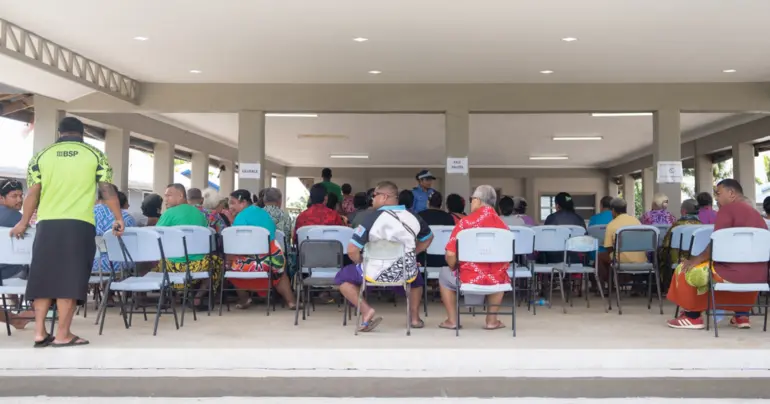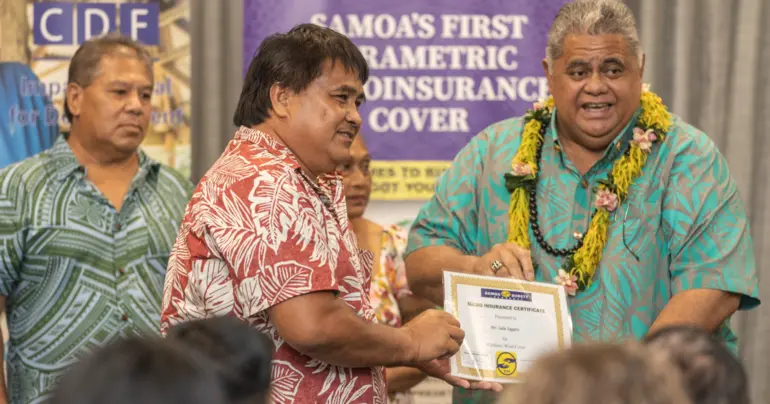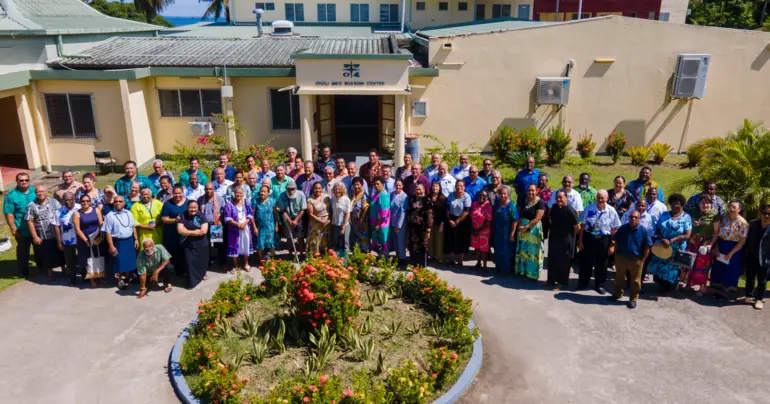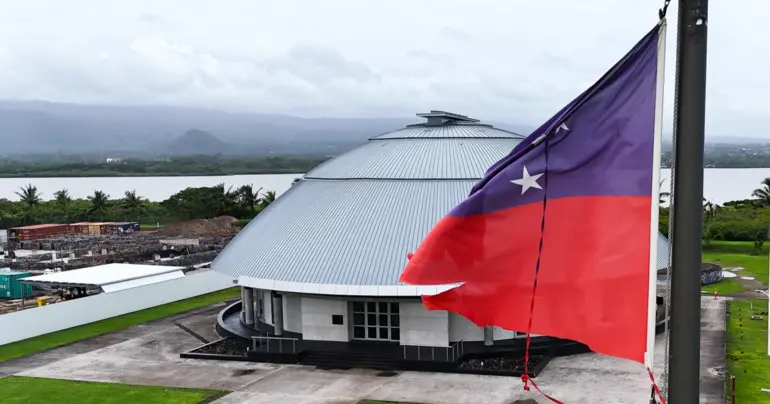Truth Matters Words Matter
The information age continues to supply a flood of information and news and has made it accessible to an increasing number of people around the world. However, not all of it is reliable and true. Truth matters. Words matter.
Last Saturday’s Think a Minute column, War of Words, manages to convey indisputable truths about the power of words, for they “can be used for great good or great evil” and “can deeply wound, even destroy people.” However, the authors themselves appear to forget this maxim, relying on untrue information to make their point. In doing so, they indirectly highlight an even greater point: the crucial need to think and read critically.
The column accurately recounts the plan of four Colorado journalists, who in 1899 thought up a hoax to run a fake story in the next day's edition of their newspapers: American engineers planned to travel to China to bid on a Chinese-led project to tear down the Great Wall. However, the War of Words column incorrectly claims that the journalistic ruse directly led to riots and embassy attacks with hundreds of foreigners being killed, worsening the international conflict and bloodshed of the Boxer Rebellion in China.
The Think a Minute article explains the effectiveness of the hoax was due to it being thought up “over 120 years ago before television, satellites, and the world wide web” existed, when “it would be much harder to check for truth and accuracy”. Had the War of Words authors conducted an astute online search themselves they would have avoided the very nature of the power of words they caution the reader about. Although the 1899 hoax was concocted around the same time of the Boxer Rebellion, the hoax did not have any influence on the conflict: correlation does not imply causation.
While this may seem like a harmless example of bending the truth to support an argument, a vignette to impart a moral of a story, the article inadvertently raises an even greater point: all too often, individuals, groups, news sources, and even governments manipulate and propagate information and falsehoods to support their narratives and goals. As a counterbalance, all of us have a responsibility to think and read more critically by actively engaging with the world around us, examining, analysing, and evaluating what we see and read. We should question assumptions, assess evidence, identify bias, consider different perspectives, recognise propaganda, and form independent opinions.
Thinking and reading critically forges us to become more knowledgeable and engaged individuals and citizens and better equips us to make informed decisions, participate in constructive conversations, and hold those that distribute information and our leaders accountable.











